UK Islamophobia rising as Muslims second 'least-liked' group, reveals survey
In a startling revelation pointing to growing Islamophobia in the UK, a new survey says Muslims are the second “least-liked” religious group in the country.
Led by the University of Birmingham, the survey states that 1 out of 4 Britons hold negative views about Muslims and Islam, supporting the hypothetical policy that bars all Muslim migration to Britain.
It further states that people from middle and upper-class occupational groups are “more likely to hold prejudiced views of Islam” than people from working class occupational groups.
The survey, which was carried out in collaboration with public opinion and data company YouGov, finds that 23.2 percent of people who come from the social group ABC1 harbour “prejudiced views” about Islamic beliefs compared with only 18.4 percent of people from the C2DE group.
The survey, presented in a report titled 'The Dinner Table Prejudice: Islamophobia in Contemporary Britain', interviewed a sample of 1667 people between 20-21 July 2021 “which was weighted by age, gender, social grade, voting record, region and level of education to ensure representativeness.”
More than 25 percent of participants in the survey feel negative about Muslims, while about 10 percent feel “very negative,” promoting hatred toward Islam, without having any real knowledge of the religion.
In addition, nearly one in five people “support” banning Muslim migration to the UK, and about 10 percent “strongly support” the idea.
“British people acknowledge their ignorance of most non-Christian religions, with a majority stating they are ‘not sure’ how Jewish (50.8 percent) and Sikh (62.7 percent) scriptures are taught,” the study says.
“In the case of Islam, however, people feel more confident making a judgment, with only 40.7 percent being unsure. This is despite the fact that people are much more likely to make the incorrect assumption that Islam is ‘totally’ literalistic.”
Dr. Stephen Jones, author of the study and a researcher focusing on British Muslims, said the findings of showed how prejudice works among Britons when they pass judgment about a religion they don’t have information about.
“We tend to associate prejudice with ignorance, but that’s too simple. Instead, prejudice is a kind of miseducation: Many people in this country ‘think’ they know what Islam is about, and what Muslims believe, in a way that they admit they don’t for other non-Christian religions,” Jones asserted.
The study dubs the British discriminatory behavior toward Muslims as “the dinner table prejudice” because people will openly and freely admit to their anti-Muslim prejudice, while they don’t follow such approaches towards other religious or ethnic groups.
Jones said the “public hostility” toward Muslims was “publicly accepted,” adding that “it’s not just that Muslims suffer from Islamophobia, but that this discrimination isn’t publicly recognized.”
The research notes that “systemic miseducation about Islam forms an important element of Islamophobia,” and goes on to make a series of policy recommendations to address the issue.
The revealing report comes at a sensitive time for the ruling Conservative Party, with a lawmaker on Monday alleging that she was fired from a ministerial job in the government partly because of her Muslim faith.
Nusrat Ghani, 49, who lost her job as a junior transport minister in February 2020, told the Sunday Times that she had been told by a “whip” that her “Muslimness” was raised as an issue in her sacking.
Prime Minister Boris Johnson has faced scathing criticism for not addressing religion-based discrimination toward Muslims and Islam in the UK.
Shaista Aziz, an anti-racism and equalities campaigner, said Islamophobia in the UK had “deep-seated and historic roots”.
“Yet Islamophobia continues to be denied as a form of racism by many across all spheres of society, including in politics, the media and academia,” she was quoted as saying in a recent report.
Apart from UK, other European countries such as France and Germany also have a negative view toward Muslims, with at least 25 mosques closed down by the French government last year.

Rights groups urge UK prime minister to hold back on anti-migrant rhetoric
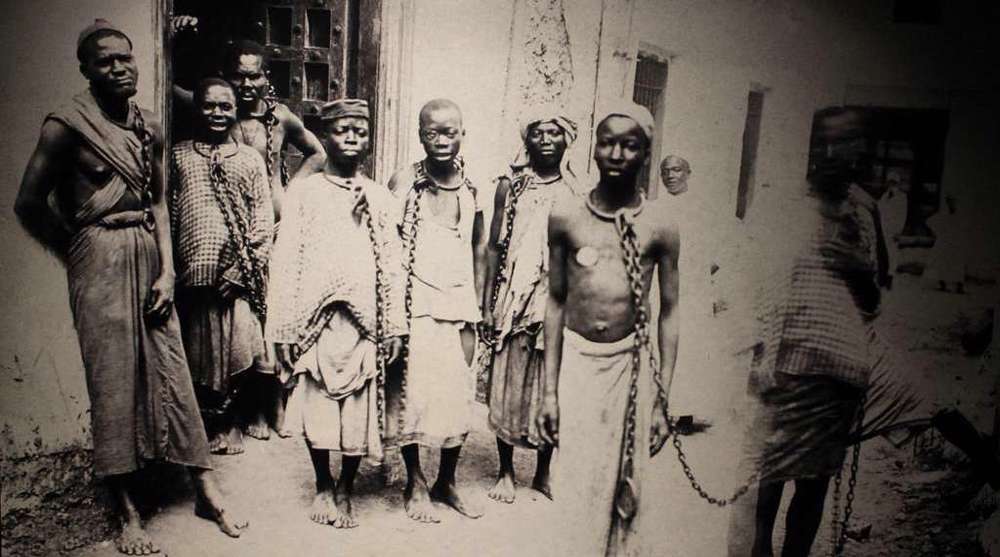
Report: Most Britons ignorant about scale of UK slavery

London’s Heathrow announces shutdown due to ‘significant power outage’
VIDEO | BRICS+ Association of Cities, Municipalities held in Tehran
VIDEO | Protests erupt in front of US congress to slam Trump economic policies
VIDEO | Pakistan's religious leaders announce Jihad against Israel, US over Gaza genocide
Israel releases Palestinian boy who was arrested at age 13
Israeli CEO arrested for pedophilia and sexual assault
Israel's hawkish minister, husband accused of sex abuse by daughter
Iran breaks Germany's monopoly on cancer-treating Rhenium-188
Houthi: Israel has no interest in peace, seeks to obliterate Palestine


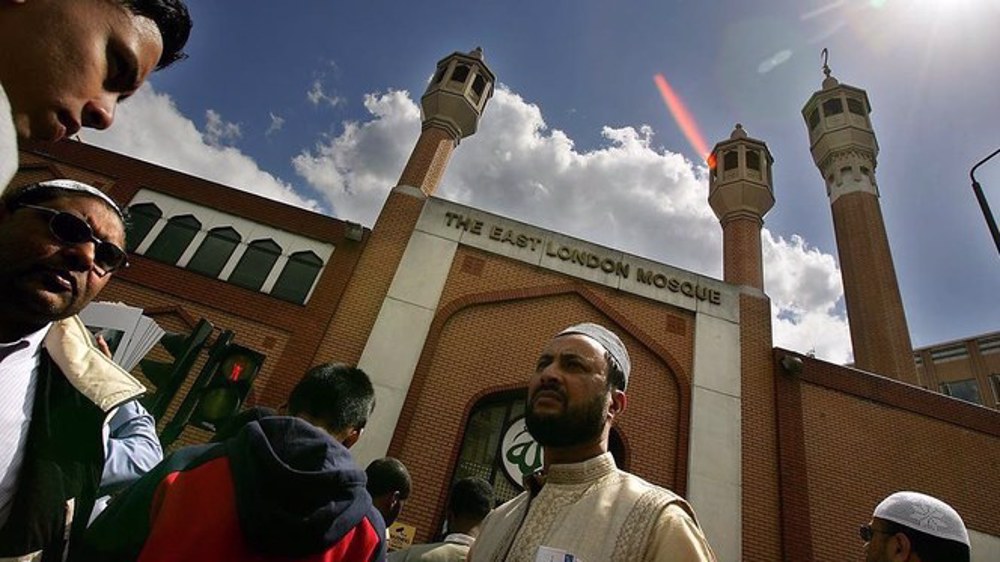
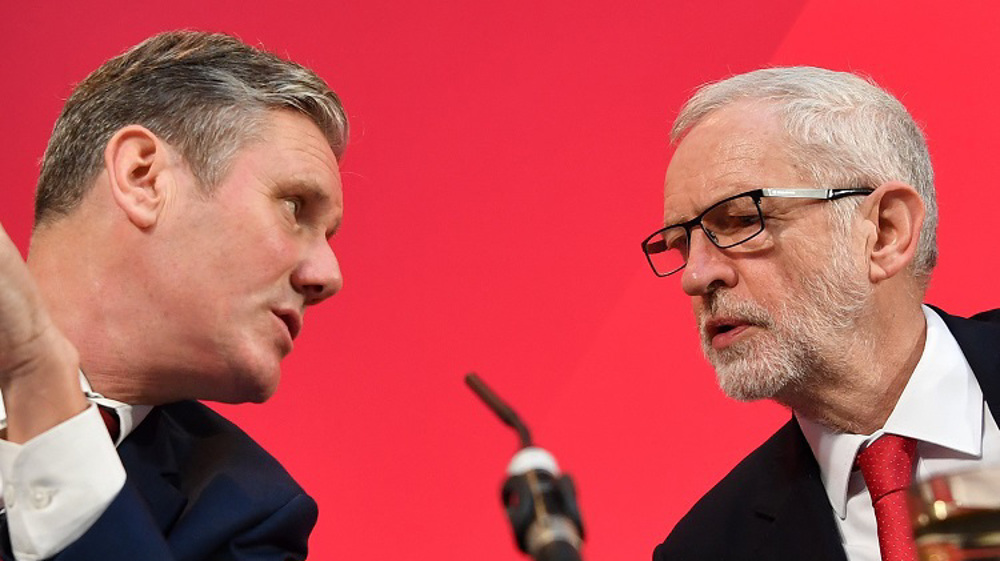
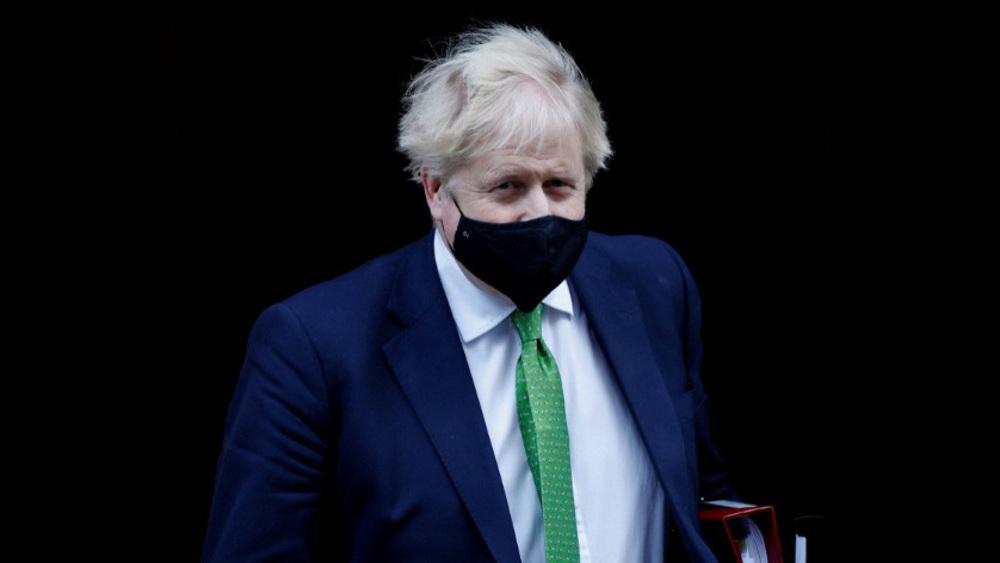



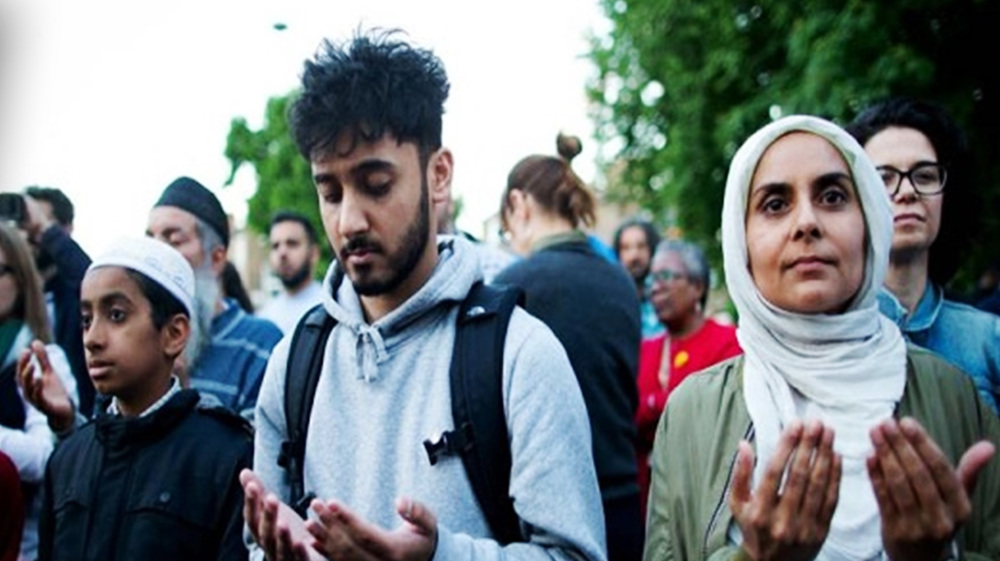

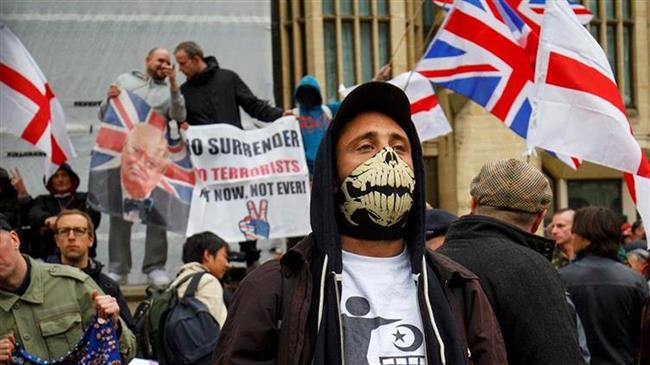
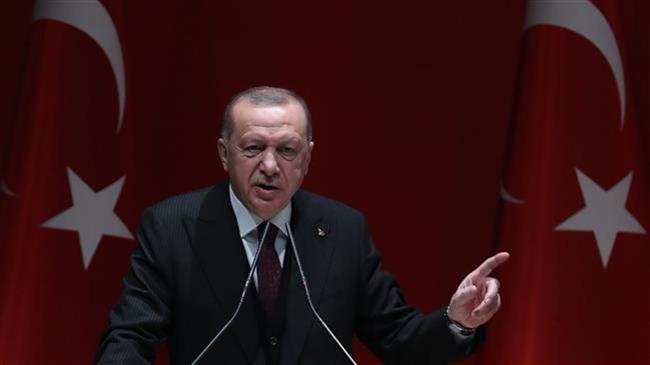
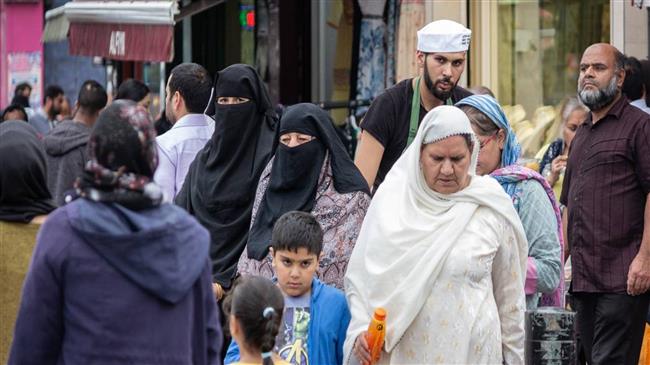

 This makes it easy to access the Press TV website
This makes it easy to access the Press TV website